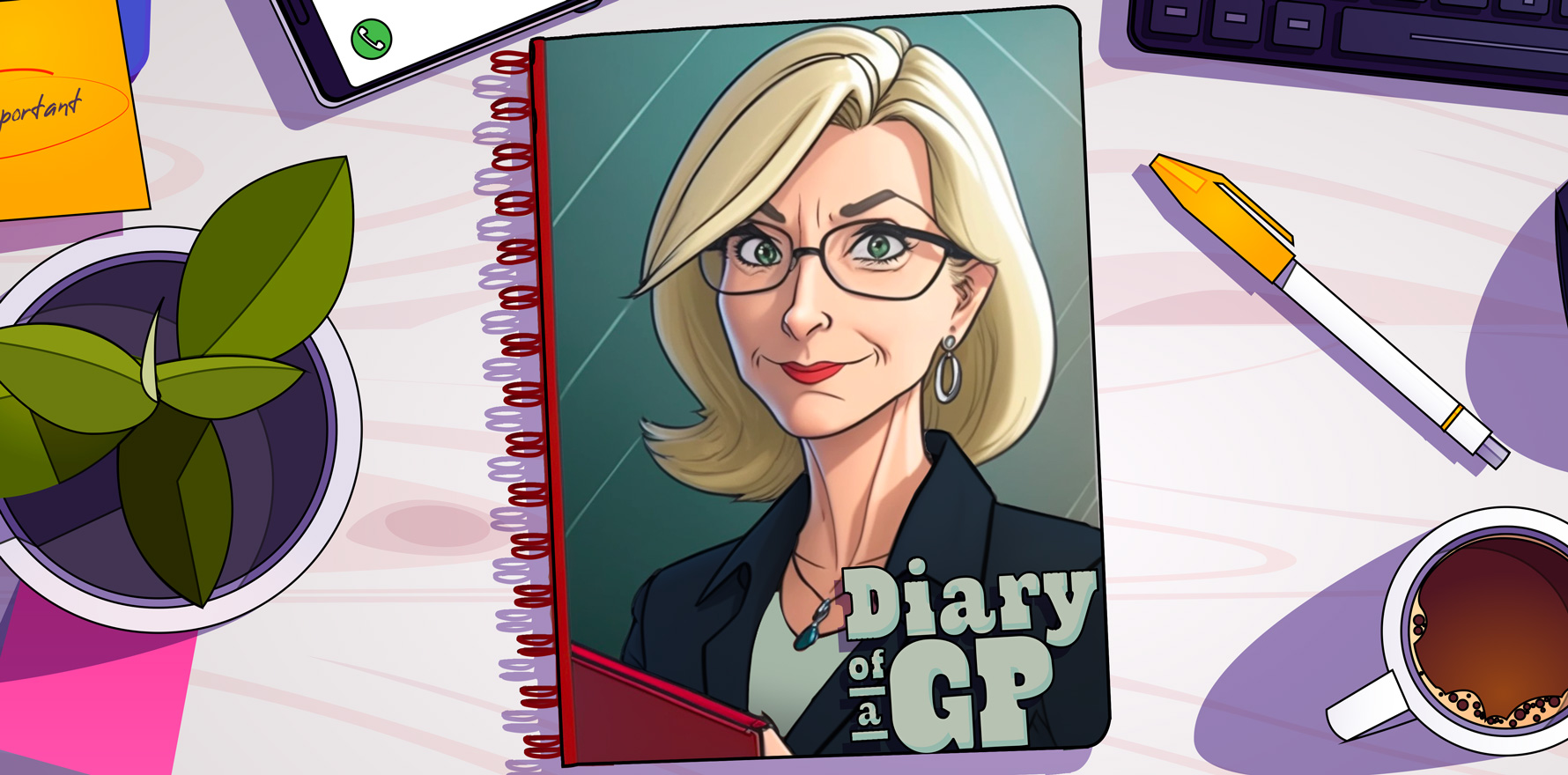You think you know your patients, but they can flip the script on you when it comes to bad news.
You can have all the guidelines, algorithms and even AI technology in the world, but I reckon there’s one variable that’s just impossible to predict.
You just never know how people will react. In particular, you never can be certain how a patient will receive some major diagnosis or prognosis.
People constantly surprise me – and I’m not making a judgement call on whether they respond well or poorly – it’s more that every person appears to have their own way of processing information and dealing with it.
Take this last week, for instance. I happen to have seen two of my very dear, long-term patients who have both had their own health challenges recently.
Julie is in her early 70s and came to see me several months ago with worsening shortness of breath. Long story short: she needs open heart surgery to replace a valve. Julie is otherwise healthy and, in general, a very positive woman but, despite my reassurances, she is regarding this impending operation as a touch-and-go proposition. She has made a new will, done her advanced care directive, written letters to all her family and made provision for her pets in the event she doesn’t come home. I keep asking about her anxiety levels, but this is how she deals with it all, and for her these measures help her feel more in control.
And then there’s Peter. Peter is in his early 60s and about two years ago came to see me for something relatively minor but happened to mention he had had a single episode of haemoptysis. Non-smoker. Fit and healthy. Chest X-ray showed an 8cm mass in his left lung! He went for a resection but after they’d opened him up they realised it was more extensive than first thought and closed him up again – with tumour in situ. Since then chemo- and radiotherapy shrank everything and the last PET was completely clear – except for one small active nodule in the hilar lymph nodes…..
But Peter isn’t worried. In the last two years two of his four children have become engaged. They are a very close family. When I saw him last week, I asked about the marriage plans. One child is looking at an overseas wedding the year after next, and the other will be getting married some time next year but she and her partner can’t get organised to find venue and lock in a date as yet. No rush.
Again – this is probably perfectly fine and Peter could well be healthy for many years to come but am I over-the-top to feel the spectre of the sword of Damocles here? I know Peter has been given all the info about his tumour. He sees a fantastic oncologist, and I have had conversations myself with him. But Peter feels well and does not want to have the lung cancer dictate his plans!
The real issue here is – if I had been asked to predict how both Julie and Peter would have reacted to these events, I would have said the complete opposite to what actually happened.
Julie is my serene, arty, “que sera sera” personality who I thought might consider major heart surgery a minor hiccup in life, whereas Peter is a businessman, a numbers man who seems to have always been stressed managing some work crisis. I thought by now, he might have had a very strategic plan to tick off all his major bucket list goals in the next couple of years. For me it feels like they’ve swapped scripts.
General practice affords us a great insight into the incredible variations in human nature. After all these years I still find it surprising how people deal with various challenges and, if I’m honest, how often it is different to how I think I would react in that same situation.
Everybody is different and I am forever being made aware of new coping mechanisms and attitudes, which are frequently a source of inspiration.
Above all, I’ve learned you can’t predict how someone will react, and you definitely can’t pre-judge how they should react.
In by far the majority of cases, people find their own way.




